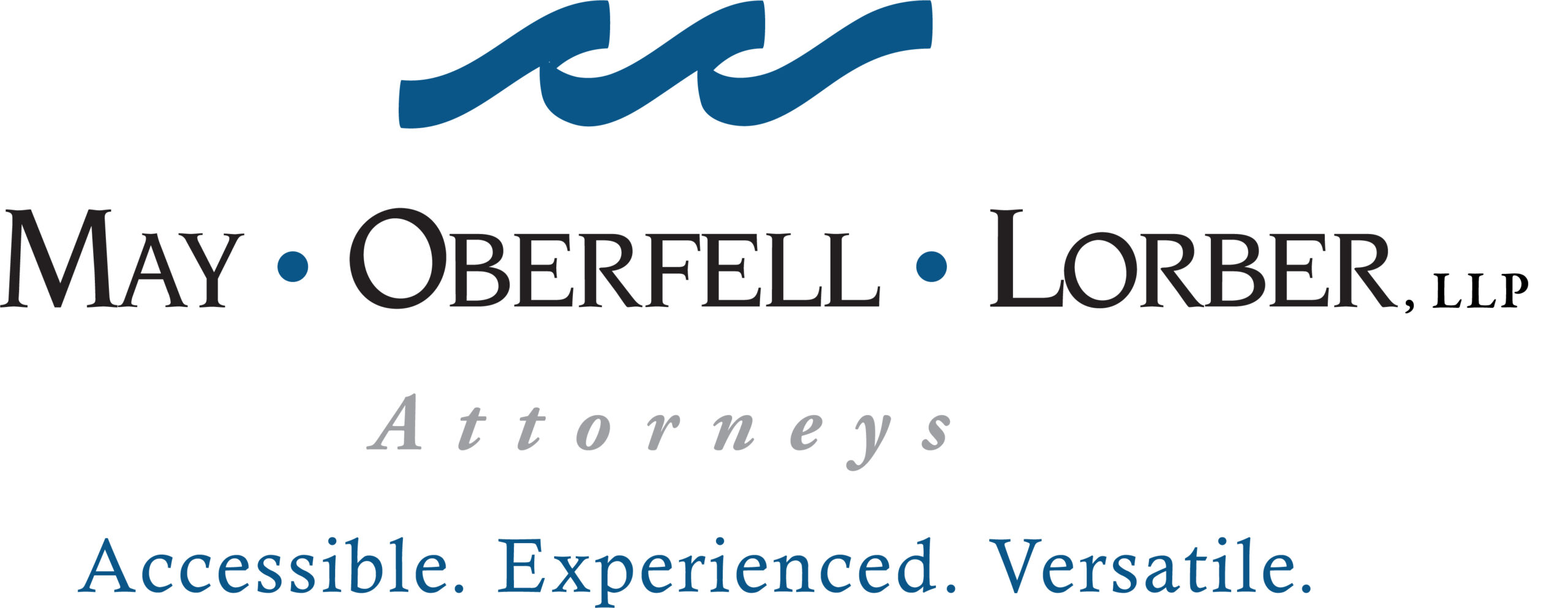Benefits and Qualifications for Indiana Diversion Programs
Most counties across Indiana offer criminal diversion programs. These programs are designed for people with little to no criminal history. Under Indiana Code Sections 33-39-8-5(6) and 33-39-1-8, persons charged with certain misdemeanors (and certain felonies) can enroll in the program and avoid having a conviction on their record after successfully completing the program.
Diversion programs provide offenders with the opportunity and resources to address underlying causes of criminal behavior, such as substance abuse or anger management issues, and reduce recidivism. It gives offenders a second chance to go through life, and apply for jobs, without a conviction on their record.
Often times the terms of the agreement are similar to those likely to be imposed at sentencing.
Eligibility:
Diversion programs are open to persons with little or no criminal background. Acceptance into the program is discretionary. Rude or uncooperative actions directed at law enforcement on the part of the individual during the commission of the offense or afterwards, almost always guarantees exclusion from the program. Prosecutors consider the nature and severity of the offense, the impact on the community, the likelihood the person would be cooperative and benefit from the program and/or the likelihood of recidivism.
Certain offenses are statutorily ineligible for the program, including Operating a Vehicle While Intoxicated (OWI). There are, however, sometimes programs available for first-time OWI offenses as well.
Charges for theft (conversion), battery, public intoxication, possession of marijuana, illegal possession/consumption of alcohol, are routinely considered for the program.
Conditions/Requirements:
To successfully complete the program, the participant need only fulfill the diversion agreement program requirements, pay the program fees and avoid new offenses (including traffic offenses) for a one-year period. If all requirements are met, the charge will be dismissed.
The terms of the agreement typically depend on the type of the offense. Potential terms often include community service, payment of restitution to victim(s), drug testing, substance abuse evaluation and/or counseling, anger management counseling, and/or no trespassing/no contact orders. Participants are responsible for additional costs associated with drug testing or counseling, etc. Many programs require participants to waive their right to have a trial within one year and agree to report any change of address or telephone number to the Prosecutor’s office within seven days.
Failure to comply with any one of the terms of the agreement puts the participant back at square one. The participant will lose the money paid to enter the program and will face the same charges for conviction as if they had never been enrolled in the program.
This article is for information purposes only and is not intended to constitute legal advice.
